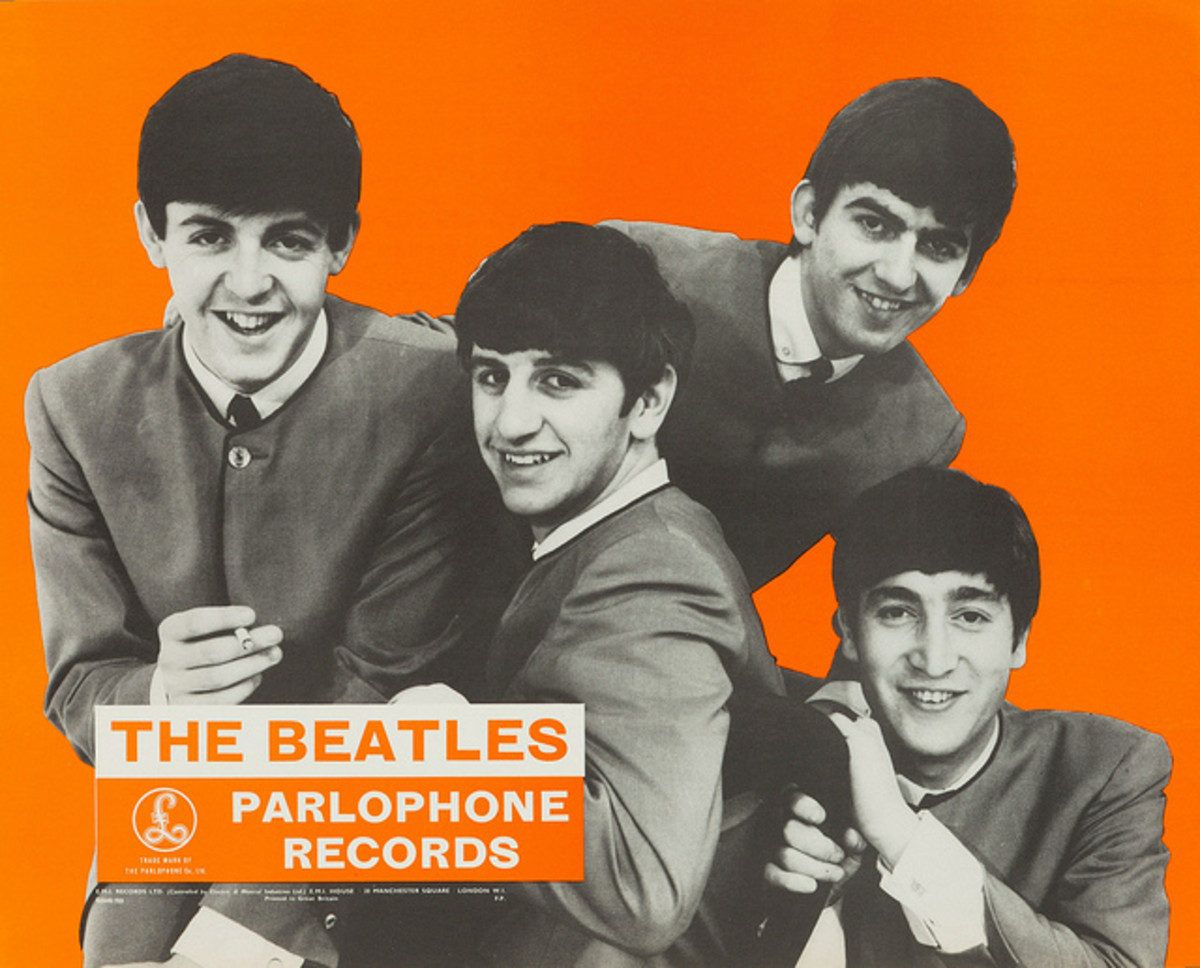Record Contracts Aren't Worth it, Here's Why You Don't Want Or Need One
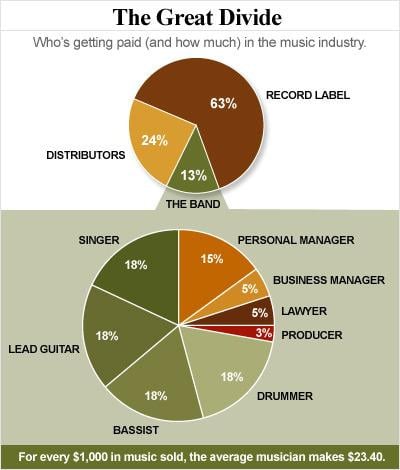
There's no money in it...
...unless you quit. That's actually a legendary joke, that I will get too in a little while. First and foremost, you don't want a recording contract, from a major label.
They're, more or less, scams made to rip off musicians/artists for the monetary gains wrought by their creative efforts and nothing more.
Sure, that might sound a little bitter and a little harsh but, the facts that back that notion are insurmountable. It's simply not worth it. After everyone takes their piece of the artists fruit, there is hardly any left for the artist.
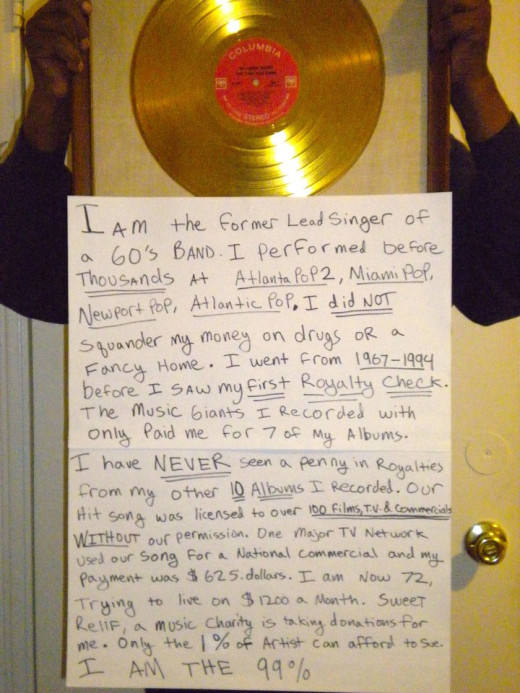
You'll owe money...
Record contracts are, for all intents and purposes, loan agreements. Agreements that work, pretty effectively, in the record company's favor. According to major artist's like Courtney Love, David Byrne and Trent Reznor, major labels and their contracts strip artists of the profits from their own music, giving it over to the label. Here's how it works.
The Artist:
- Pays for recording the record out of their advance
- Covers all touring costs
- Is responsible for expenses outside already designated parameters
- Rights to the work, if signed over for a larger advance, belong to the record company
The Major Label Record Company:
- Pays to have the artist's music played on the radio
- Pays out an advance to artist
- Keeps the rights to the artist's work to be used at the discretion of the label.
A lot of artist's never see the light of success they imagined at the end of the tunnel. In fact, according to industry insiders and artists that know, record companies operate with a 5% success rate, meaning 5% of the total artists on a label actually become profitable. 95% of bands signed by major labels end up never turning a profit, owing money to the record company or never having their record released at all. Speaking of which...

...Your record may never be released.
Often the idea of getting your music released by a major label holds a lot more fantasy than reality, as far as what is expected by the recording artist. Every artist believes the music they create is outstanding and insurmountable in quality. This, of course, isn't true at all. Especially regarding the judgement of a record label.
More often than not, in the eyes of a record label, an artist's music is mostly crap they can't sell. It's their job to weed out all the crap songs and find something that will make money. Not so much for you, but, for them. Sometimes, this leads to the disputable argument that, for whatever reason, an entire work or album performed by a band or musical artist...is unreleasable. This, of course, is entirely up to the label and not the artist in the end. How?
Usually, it comes down to a matter of contractual obligation. As a new act, signing with a label, a lot of rights are given up in the hopes of expediting a quick rise to stardom. These can be and usually are exploited by the label, in favor of the label. One of these is the right to withhold the issuance of an album, if the label feels the album is sub par. This means that months, if not years of an artist's work can be shelved...indefinitely by the label, who in the end owns the work. Then, the artist or band is on the hook to provide another album in it's place.
Lots More Info To Cry About...
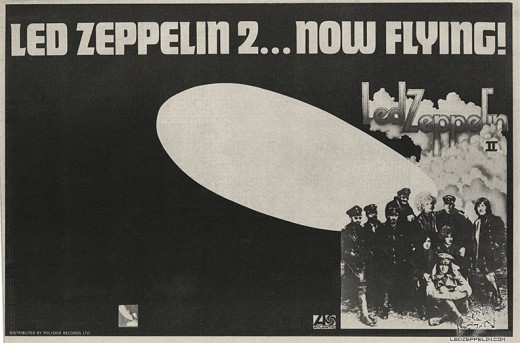
Labels Don't Advertise
Back during the recording industry's golden era, record companies promoted artists; cultivated their talent until it could rise up and dominate the music landscape. Then, milk it like a cash cow, until it keeled over...or something like that.
Those days are long gone, my burgeoning artist friend. Labels today barely know what the Internet is. In fact, they had to have other unrelated companies show them how. That's how far removed they are from their "product" (musical talent) they've become.
Advertising or plastering an artist's face on everything from buses to playing a track an hour is largely up to the artist to handle.
What does that mean?
It means that when it comes to word of your music getting around, it's mostly up to the band to get it done. Record contracts mostly cover distribution these days (shipping to stores like Walmart, music stores, etc.) and "music rights".
They've shirked running magazine ads and radio spots to pump up an artist...onto the artist. Nowadays, professional musicians are expected to take care of their own bolstering of their fan base.
This "hands-off" approach is also applied to selling albums, merchandise and related products.
Thinking Outside of Record Deals

They Don't Pay You To Travel
If you thought the grand ol' music empire was going to pay for your global gallivanting rock and roll fantasy, think again sucka. In the distant misty past of musicdom it may have been so. It was in a label's best interest to provide tour support. It was their musical cash cows out the the road pulling in the sweet, sweet money for them, so, why wouldn't they. Right? Often this was included in the contract somewhere (probably next to the obligatory cocaine and groupie sex acquisition terms); today, it's a little different.
These days, with a million and one wannabes vying for a chance to be the next Justin Bieber or a much better, less lame equivalent, the record companies have gone "cheap" with almost every aspect of artist support. Why? It's a supply and demand thing.
It would be bad business to throw a lot of money at something that's in great supply (i.e. talented people they can find easily).
The companies tend to skimp on lots of things, up to and including doling out tour money to a band or artist that may not recoup the pay out. So, unless you're someone Christina Aguilera or Metallica, you're on your own.
So, the artists of today are forced to take out loans, beg fans via crowd sourcing and maxing out credit cards to pay their way across the country.

No Health Insurance
Like any good contract player, a recording artist is supposed to account for his/her own insurance (medical and otherwise), despite being obligated for years to one particular label, effectively making the artist.a commodity.
Whereas a regular employee of those same labels enjoys the benefits of employment of the company, the artist providing the material with which the company makes money is not.
Thank goodness for the Affordable Care Act. You're going to need it.
No Guarantees
Nothing in this life is guaranteed and when it comes to record deals, even more so. Along with the very real possibility of an artist's work never being used, there is also the possibility of being held in perpetual limbo, until your contract expires.
Say for instance, you're signed to a major deal on the back of "good numbers", a "great show", and promising "marketable material" (i.e. your music). You go into a studio, rack up the hours and put down enough tracks to fill an album. A representative of the record company listens to it and isn't satisfied. He/she gives one reason or another ("Not what we agreed to", "not good enough", "not marketable", "too experimental", etc.) for why they won't release it and demands you record another with better material...at your expense. They shelve the record you've already recorded and it no longer belongs to you.
You have no legal recourse.
That means that you could possibly be locked into a contract with a label for years and potentially, not have your material released. You may also be told to stop performing altogether (as the unreleased music owned by the label may be performed publicly without it's permission) be unable to shop around for a better deal (if, as is common with new acts, your rights to your own music have been signed over to the record company).
Essentially, you'd be legally unemployable...until your contract expires.

Recording artists know the rub
Though, assuredly, being treated bad by a record company isn't always the case. There are a few shiny moments to be sure. However, artists are treated miserably by record companies quite often.
For instance this open letter from Courtney Love regarding record companies explains a lot: The letter.
A highlight:
"Record companies have a 5% success rate. That means that 5% of all records released by major labels go gold or platinum. How do record companies get away with a 95% failure rate that would be totally unacceptable in any other business? Record companies keep almost all the profits. Recording artists get paid a tiny fraction of the money earned by their music. That allows record executives to be incredibly sloppy in running their companies and still create enormous amounts of cash for the corporations that own them."
http://www.gerryhemingway.com/piracy2.html
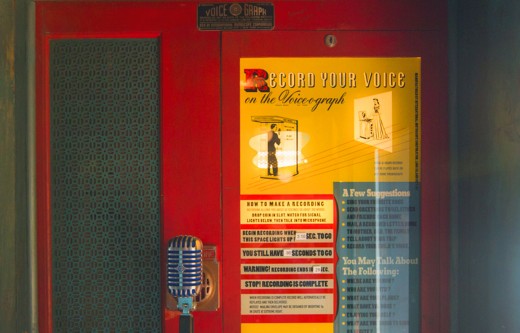
All in all
Life is pretty hard for a musician. It's even harder for a working musician. The dream of "going all the way" and snagging that record deal has been the prize every one of them has dreamed of. Unfortunately, it's the reality that bites hardest.
Hope isn't entirely lost. Making it happen on your own is entirely possible and with the internet and technology today, more realistically achievable than ever. It takes, creativity, time and enormous effort...with a hint of luck to really pull it off, but it's there. It's "do-able" and artists are doing it more and more every day. Most importantly...
They're doing it without record deals.
© 2018 Elton Edgar



